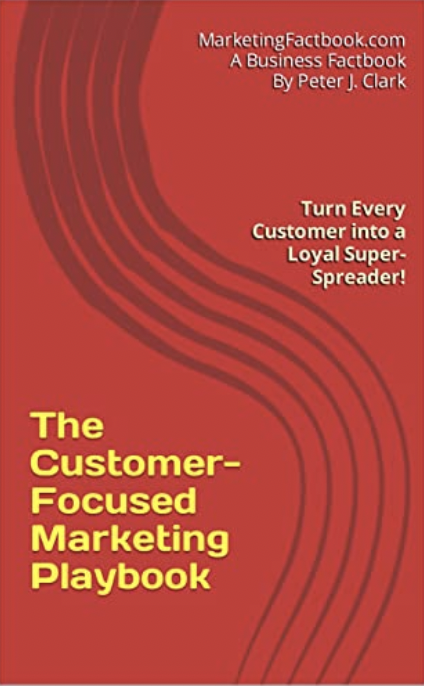Study reveals smartphone impact on instore sales
Smartphones currently influence 5.1% of annual retail store sales in the US, translating into US$159 billion in forecasted sales for 2012, according to research from Deloitte.
The study measured what the company calls the 'mobile influence factor' - that is, the true impact of smartphones on in-stores sales. The mobile influence factor captures the in-store sales driven by consumers' store-related smartphone activity such as product research, price comparison or other mobile application use.
Deloitte anticipates mobile's influence, based on consumers' smartphone use, will grow to represent 19% of total store sales by 2016, amounting to US$689 billion in mobile-influenced sales. By comparison, direct mobile commerce sales will pass the US$30 billion mark by that time, according to some industry estimates.
"Mobile devices' influence on retail store sales has passed the rate at which consumers purchase through their devices today," said Alison Paul, vice chairman for Deloitte LLP. "Consumers' store-related mobile activities are contributing to - not taking away from - in-store sales, and our research indicates that smartphone shoppers are 14% more likely to convert and make a purchase in the store than non-smartphone users. This means that mobile is an important tool for retailers to incrementally drive traditional in-store sales, strengthening the relationship between retailer and consumer to increase engagement and loyalty."
Smartphone shoppers are more frequent buyers, the study found. To better understand the growing impact of mobile devices on the retail sector, Deloitte's retail & distribution practice and Deloitte Digital conducted a survey of US consumers about how they use their smartphones to shop today and their likelihood of using them in future buying decisions.
Nearly half (48%) of smartphone owners surveyed said their phones have influenced their decision to purchase an item in a store, and consumers' smartphone use tends to be highest at or near the point of purchase. More than 6 out of 10 (61%) of smartphone owners who use their devices to shop said they have done so while shopping at the store, and more than half (52%) said they reach for their phones on the way to the store.
Smartphone-toting consumers appear more likely to make a purchase than those who do not own one or do not use it to assist in-store shopping. When asked about their most recent shopping trip, nearly three-quarters (72%) of smartphone owners surveyed indicated they made a purchase on that day, compared with 63% of respondents who did not use a phone. Smartphone users were also more likely to eventually make a purchase: among those who did not buy anything on their last trip, 59% of those who used a smartphone eventually made a purchase, compared to only 22% of those who did not use one.
Mobile applications appear to be the key to smartphone-using consumer engagement. Nearly four out of 10 (37%) smartphone owners surveyed who used a smartphone on their last shopping trip used a third-party mobile shopping application, and more than one-third (34%) used a retailer's mobile application.
"Retailers that do not engage shoppers through specialised mobile applications or targeted smartphone-based promotions leave the door open for competitors to reach a customer who is standing in the retailer's store and at the point of purchase," warned Kasey Lobaugh, principal and direct-to-consumer and multichannel leader for Deloitte Consulting LLP. "To make the connection with consumers, retailers need to understand how mobile shoppers are willing to interact with their specific store category, format and merchandise, both inside and outside the store, and customise their mobile strategy around the shopper's needs and experience."
Smartphone adoption, coupled with consumers' propensity to use their devices for shopping, also contributes to the growing mobile influence factor. As consumers buy smartphones, they are quick to tap their devices for shopping assistance, with smartphone use for store-related shopping increasing 40% after the first six months of ownership. Once these consumers are on board, they consistently use their phones for 50% - 60% of their store shopping trips, depending on the store category.
The mobile influence factor is strongest among younger shoppers, suggesting that as this segment ages, a retailer's core customers will increasingly be armed with smartphones. Nearly 7 out of 10 smartphone owners (67%) between 14 and 34 years old said they have used their devices to shop, and 55% indicated that their smartphones had influenced their decision to make a purchase.
Sources: Deloitte Consulting / The Marketing Factbook.
Copyright © 2012 - 2025 The Marketing Factbook.
Categorised as:
- Customer Experience
- Customer Loyalty
- Knowing The Customer
- Marketing Know-How
- Marketing Technology
